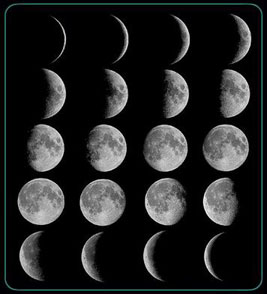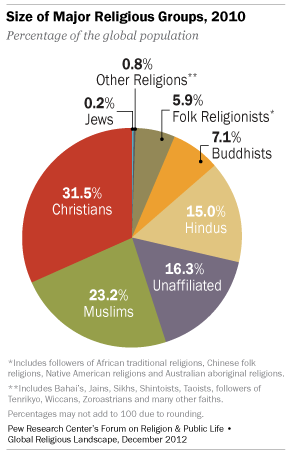
[Note: This is a two-part article. After reading this you can proceed to Part two by clicking here.]
by Khalid Chraibi
Shortcomings of the Islamic calendar
A calendar associates a specific date with each day of any given week, month or year, to enable people to manage all their activities over an extended period of time. They must be able to anticipate, plan and organize in advance, using the information provided by the calendar, everything that they need to do. But, in Muslim societies, people wait to see, each country for itself, the appearance of the new moon at the end of each lunar month, before they declare the beginning of a new lunar month. As a result:
– the information in the Islamic calendar does not extend beyond the current month;
– and the data it shows each month differs from one Muslim country to another.
For instance, the first day of Ramadan 1427 corresponded to Saturday, September 23, 2006 in 20 countries ; Sunday, September 24 in 46 countries ; and Monday, September 25 in 5 countries. (1) This situation is in no way unusual, but can be observed every month.
Because of these shortcomings, after the major Muslim countries were occupied by foreign powers in the 19th and 20th centuries, Muslim people started using the Gregorian calendar to meet all their needs, and only care about determining Islamic dates on momentous Islamic religious occasions.
But, to this day, they regularly get puzzled at the inability of the Islamic calendar to predict precisely, well in advance, the day on which major Islamic events such as the first day of Ramadan, or eid al-fitr, or eid al-adha, or the first day of the new Islamic year are to take place. Continue reading The reform of the Islamic calendar: the terms of the debate, Part 1 →






